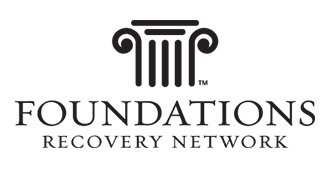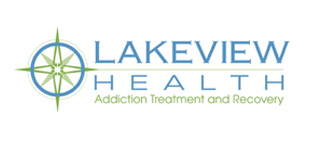Veterans and other members of the armed services face a particular set of hurdles in addition to the regular issues facing civilians, making this group particularly vulnerable to drug addiction. Members of the U.S. armed forces are not immune to substance abuse and can even be considered an at-risk group due to the high prevalence of PTSD and other coping difficulties. Unfortunately, as is with the civilian population, these traumas can pave the way to self-medication and addiction.
Illicit drug use is much more prevalent among civilians than military personnel; however, heavy alcohol use and prescription drug abuse are more common among members of the armed forces, and it is on the rise. This is due in part to the stress of wartime deployment (in fact, multiple deployments put people at the greatest risk of developing new-onset alcoholism), but also because of the military’s zero tolerance policy and the associated stigma. There can also be large gaps in confidentiality, discouraging people from seeking the treatment that they need.
The military has recognized that this is a real issue and it is developing solutions. In 2012, an Institute of Medicine report for the U.S. Department of Defense recommended increasing access to care and focusing on evidence-based treatment and prevention in order to address this problem. This recommendation includes broadening insurance coverage to include better outpatient treatment, among many other things.
The report also pays special attention to the cultural climate that surrounds addiction in the military. This includes increasing confidentiality and not stigmatizing the disease, which evokes fear from people suffering from addiction. While government agencies and medical professionals develop better addiction treatments and healthy environments for military personnel, many members of the U.S. armed forces seek treatment in the civilian realm after the terms of their service are complete. Troops struggling with addiction are coming home and seeing that there are treatment resources available for their particular set of needs and an opportunity to recover.







COMMENTS